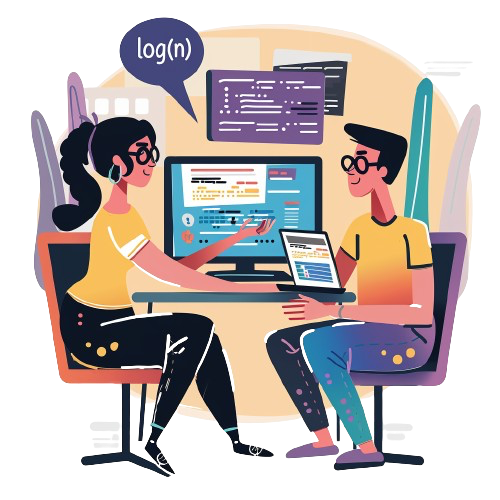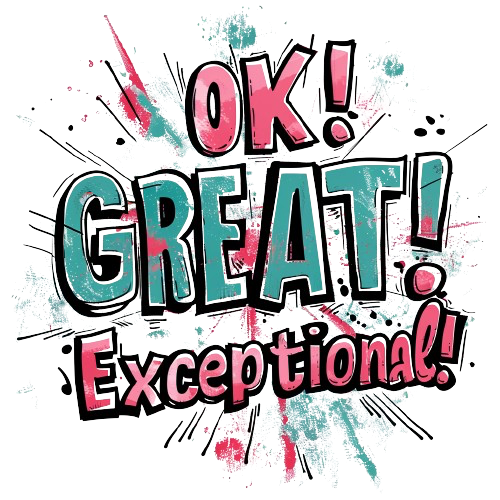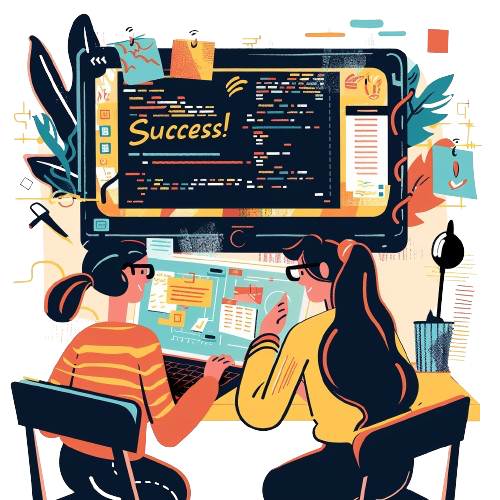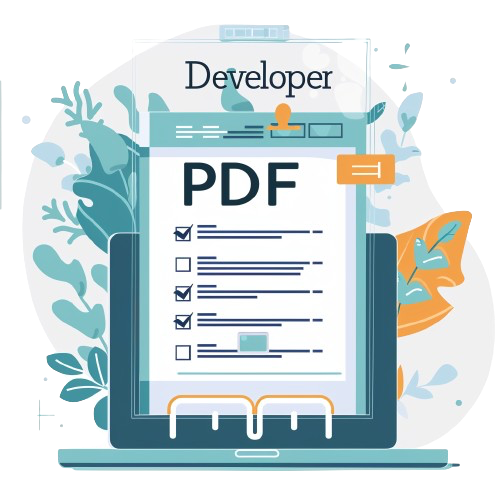Structured Tech Interview
Each assessment is structured in three parts:
Intro
We begin with a brief intro on both sides as an ice-breaker. The Interviewer then walks the candidate through the agenda and what to expect.
Questions
We spend 30 minutes going through technical questions carefully designed to evaluate the technical knowledge of the candidate based on their position and level.
Challenge
The interview concludes with a practical coding task which the candidate is invited to complete. The interviewer provides support to help the candidate succeed.








